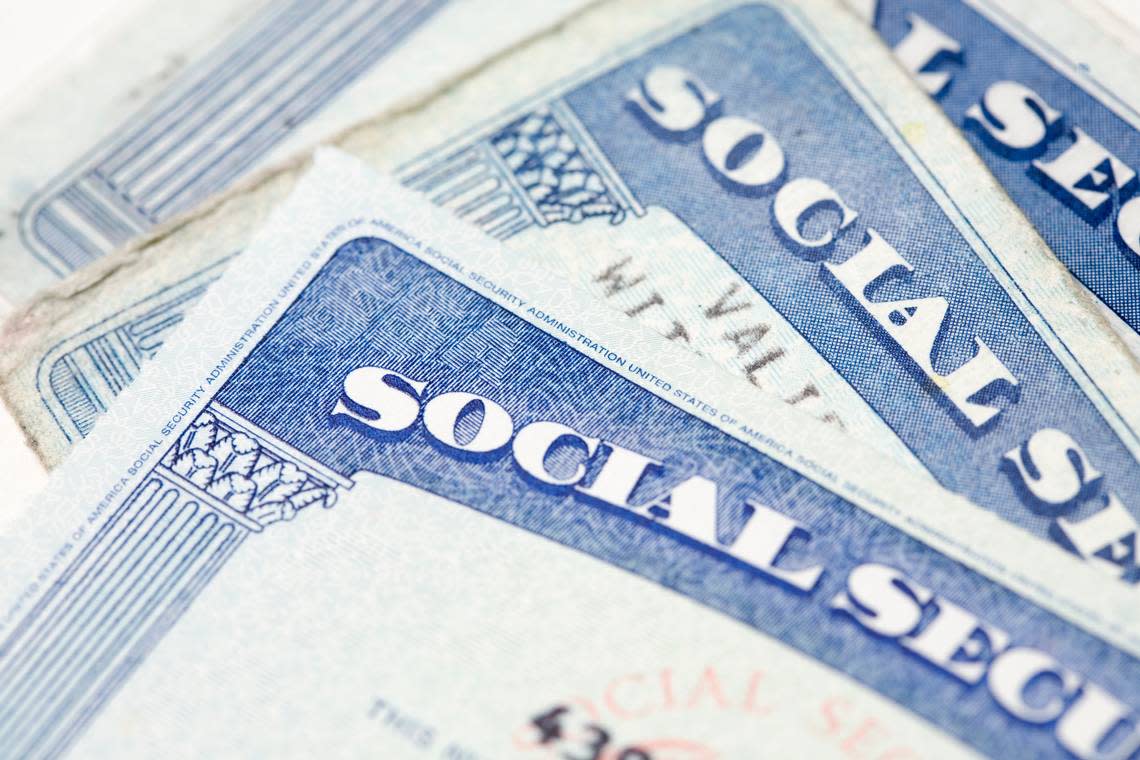Will Social Security payments continue if the government shuts down?

Good news for California’s 6.2 million Social Security recipients: You’ll continue to get your payments even if much of the government shuts down.
And chances are, those payments will go up more than 3% in January.
“The law requires checks to go out and any staff deemed necessary to allow Social Security Administration to carry out that function will continue working,” said Max Richtman, President & CEO of the National Committee to Preserve Social Security and Medicare.
That’s because Social Security benefits are considered mandatory federal spending and are not subject to Congress’ annual budgeting process.
As a result,” We will continue activities critical to our direct-service operations and those needed to ensure accurate and timely payment of benefits,” the federal Office of Management and Budget said in a statement regarding Social Security.
Congress is struggling to find a way to keep much of the government open after the end of the current fiscal year Saturday.
A small group of conservative House Republicans have balked at any plan that would not cut spending dramatically; any such plan would die in the Democratic-run Senate. So far, there’s been little progress in finding an accord.
Richtman said a shutdown could mean some potential danger for Social Security beneficiaries.
“Although most field staff will be working during the shutdown, there are restrictions on what work they can do,” he said. “From what we can tell, the most affected benefits are likely to be in the disability area – backlogs could grow significantly depending on how long the shutdown lasts.”
The federal budget office lists several Social Security activities that would continue. People could apply for benefits, correct a record, seek appeals of decisions and make changes in their address, direct deposit and other items.
The Senior Citizens League, an activist group, estimated that next year’s cost of living increase for the average monthly retiree benefit would go up 3.2%, or about $57.30. This year’s average benefit is about $1,792 per month.
That’s better than the 2.6% average of the last 20 years, though lower than this year’s 8.7% boost.
The cost of living adjustment is based on changes in July, August and September, compared to the same period a year ago. The increased benefit would then take effect in January.
The September cost of living increase will be announced next month, and shortly afterward the government is expected to announce the 2024 change.


